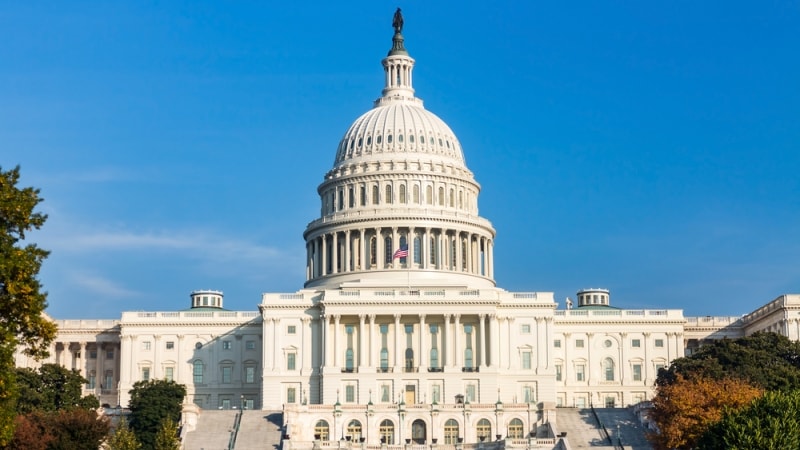
The House Oversight and Government Reform Committee on Thursday voted to approve bills that would elevate the role of the Federal CIO, and create a series of minimum functionality and security requirements for all Federal government agency public-facing websites and digital services.
The first bill, H.R. 6901, the Federal CIO Authorization Act of 2018, was introduced earlier this week by Reps. Will Hurd, R-Texas, chairman of the House IT subcommittee, and ranking member Robin Kelly, D-Ill. The bill would reauthorize, rename, codify, and elevate the role of the Federal CIO, a position initially created as part of the E-Government Act of 2002, and create a “clearer IT reporting structure within the Administration,” the lawmakers said.
The bill would elevate the Federal CIO role as a Presidential appointee reporting directly to the Office of Management and Budget Director, and also would codify the Federal Chief Information Security Officer as a Presidential appointment reporting to the Federal CIO. The Federal CIO would be charged with giving Congress a proposal for “consolidating and streamlining IT across federal agencies.”
The second bill, H.R. 5759, the 21st Century Integrated Digital Experience Act, would not only create the functionality and security requirements for Federal websites, and digital services, but also would place on the shoulders of Federal agency CIOs the responsibility to ensure funding and implementation of the new requirements.
The sponsors of the bill, Reps. Ro Khanna, D-Calif., and John Ratcliffe, R-Texas, said earlier this year the measure would dramatically reduce agency costs for providing assistance to citizens, and improve citizens’ online interactions with the Federal government. They cited Internal Revenue Service (IRS) data from 2015 that found in-person or live assistance calls to IRS cost taxpayers an average of $40 to $60, versus an average cost of 22 cents for “digital transactions.”
The bill says that new Federal agency websites would have to meet the new standards upon launch, and that agency intranets would have to conform to the new requirements “to the greatest extent practicable.” The legislation would give Federal agencies two years to provide a “digital option” for any in-person government service, and would give agencies one year to ensure that any public-facing, paper-based form, application, or service is made available in an “intuitive and adaptable” digital form.
The Senate Homeland Security and Governmental Affairs Committee approved its companion bill earlier this week.
